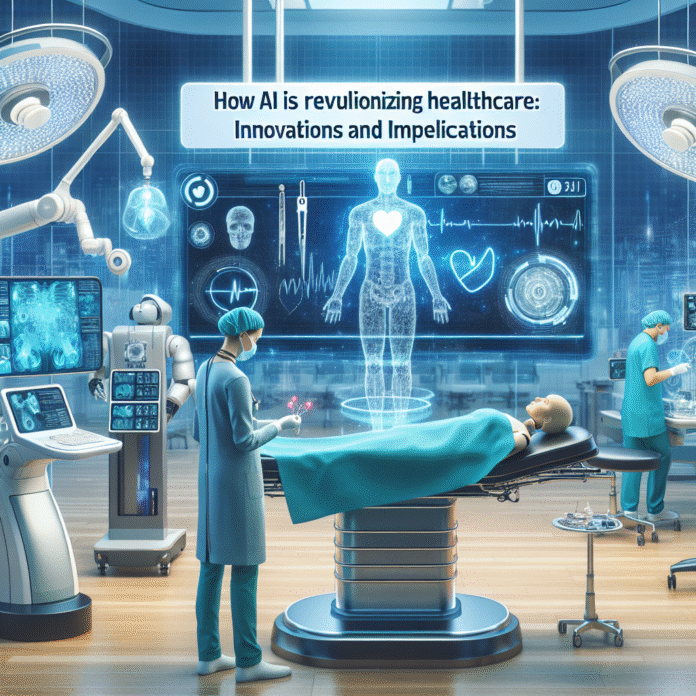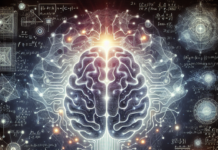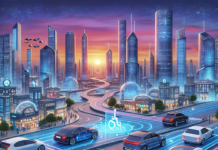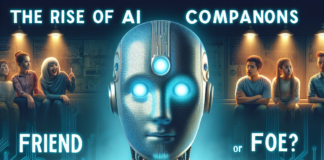How AI is Revolutionizing Healthcare: Innovations and Implications
<section>
<p>The advent of Artificial Intelligence (AI) is markedly changing the landscape of healthcare. From diagnostics to patient care, AI integrates a level of efficiency and accuracy that was previously unattainable. This article highlights the key innovations and implications of AI in healthcare.</p>
</section>
<section>
<h2>Innovations in AI Healthcare Solutions</h2>
<ul>
<li><strong>Predictive Analytics:</strong> AI algorithms can analyze massive datasets to predict outcomes, enabling proactive care and personalized treatment plans.</li>
<li><strong>Medical Imaging:</strong> AI-powered imaging tools enhance the accuracy of diagnoses in fields such as radiology and pathology by identifying anomalies that may be overlooked by the human eye.</li>
<li><strong>Natural Language Processing (NLP):</strong> NLP technologies streamline clinical documentation, making it easier to extract useful insights from unstructured data, thereby improving patient records management.</li>
<li><strong>Robotic Surgery:</strong> Surgical robots, guided by AI, improve precision in operations, leading to faster recovery times and reduced trauma for patients.</li>
<li><strong>Chatbots and Virtual Assistants:</strong> These tools enhance patient engagement, providing immediate healthcare information and facilitating appointment scheduling without human intervention.</li>
</ul>
</section>
<section>
<h2>Implications of AI in Healthcare</h2>
<p>As AI continues to integrate into healthcare systems, various implications must be considered:</p>
<ul>
<li><strong>Ethical Considerations:</strong> The use of AI raises ethical questions regarding privacy, consent, and transparency in decision-making processes.</li>
<li><strong>Job Displacement:</strong> While AI can augment human capabilities, there is a fear of job loss in certain healthcare sectors as automation becomes prevalent.</li>
<li><strong>Access to Care:</strong> AI technologies could improve access to healthcare services, particularly in underserved regions, but they also risk widening the gap if not managed equitably.</li>
<li><strong>Regulatory Challenges:</strong> Governments and regulatory bodies must develop frameworks to ensure safety and efficacy in AI applications within healthcare.</li>
</ul>
</section>
<section>
<h2>The Future of AI in Healthcare</h2>
<p>The future of AI in healthcare appears promising, with ongoing research and development poised to enhance patient outcomes further. Its potential to deliver personalized medicine, improve crisis management in pandemics, and support clinical decisions positions AI as a pivotal player in advancing global health efficiency.</p>
</section>
<footer>
<p>© 2023 Health Innovations Journal. All rights reserved.</p>
</footer>
Watch this for more information







